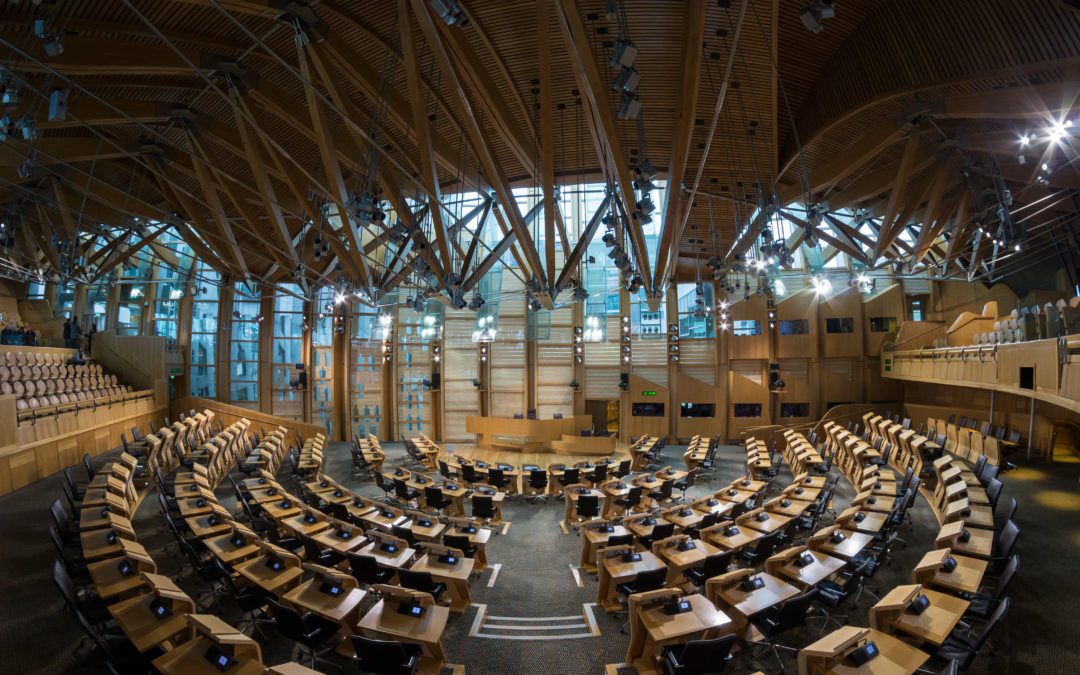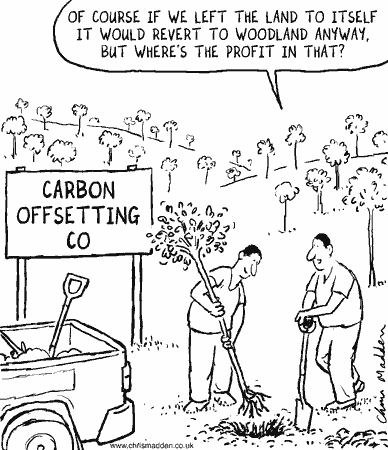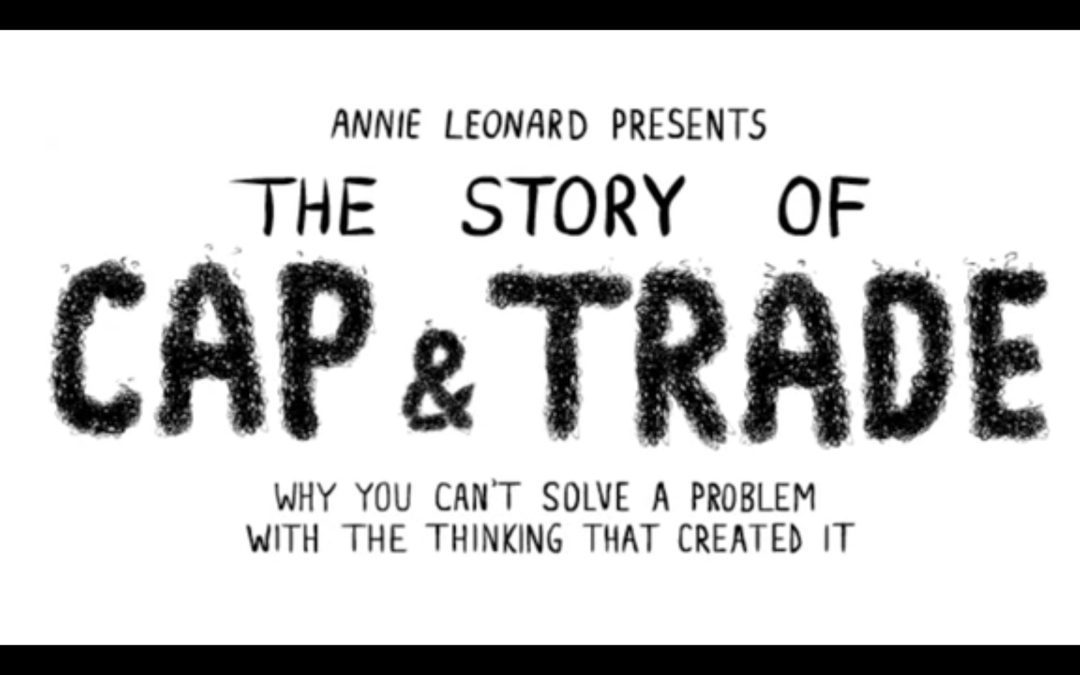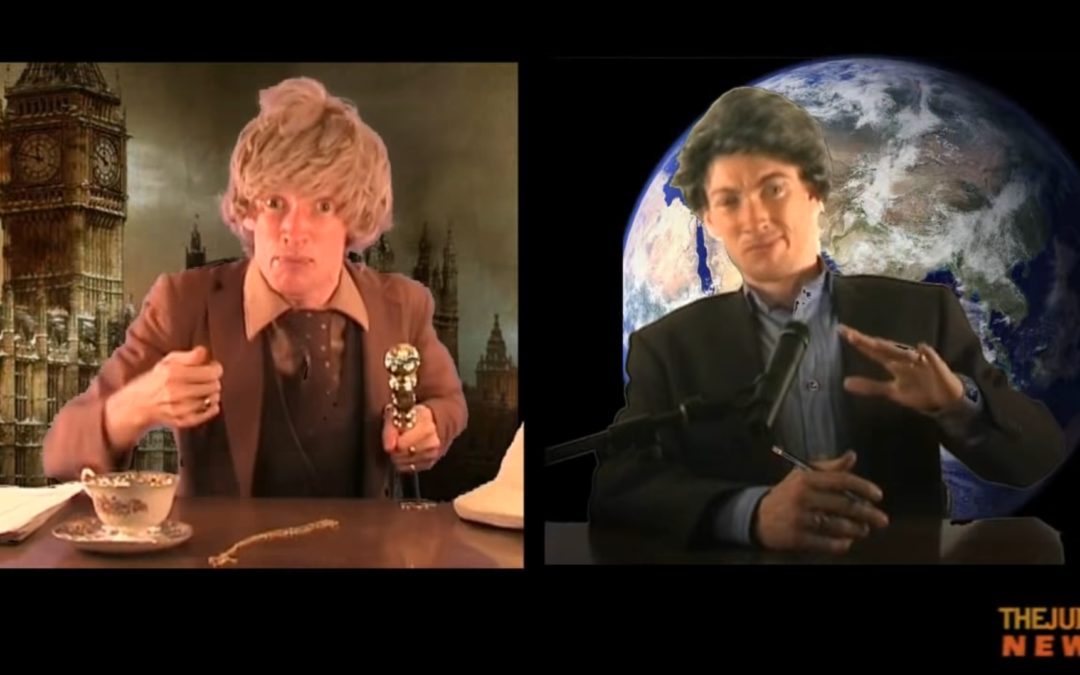
by Shaun Chamberlin | Dec 22, 2009 | All Posts, Climate Change, Cultural stories, Politics, Transition Movement
https://www.darkoptimism.org/wp-content/uploads/2020/10/09-09-10-Scottish-Parliament-Holyrood350.mp3 Above is a recording of a quick interview I gave immediately after speaking at the Scottish Parliament earlier this year, as part of the Holyrood 350...

by Shaun Chamberlin | Dec 7, 2009 | All Posts, Climate Change, Favourite posts, Peak Oil
The above ‘Carbon IQ test’ is an excellent way of exploring how much you know about the carbon cycle, and what that means for viable solutions to our climate challenge. Have a go at it before checking out the information...

by Shaun Chamberlin | Dec 1, 2009 | All Posts, Climate Change, Cultural stories, Favourite posts
Off the back of taking part in CheatNeutral’s spoof chat show ‘Going Neutral’ at the Science Museum, this feels like the perfect time to take a look at the concept of carbon offsetting, the most recognised example of which is the planting of trees to...

by Shaun Chamberlin | Dec 1, 2009 | All Posts, Climate Change, Politics, TEQs (Tradable Energy Quotas)
The Story of Cap & Trade is the second offering from the project that brought us The Story of Stuff. In this ten minute video, host Annie Leonard presents an excellent, clearly explained look at some of the devil in the detail of Cap &...

by Shaun Chamberlin | Aug 14, 2009 | All Posts, Climate Change, Cultural stories, Favourite posts, Peak Oil, Politics, TEQs (Tradable Energy Quotas)
As the evidence for the utter inapplicability of free market carbon trading to our climate emergency continues to pile up, interest continues to grow in the less PR-friendly alternative — the rationing of carbon-rated energy. Yesterday, the UK Government’s All...








Recent Comments